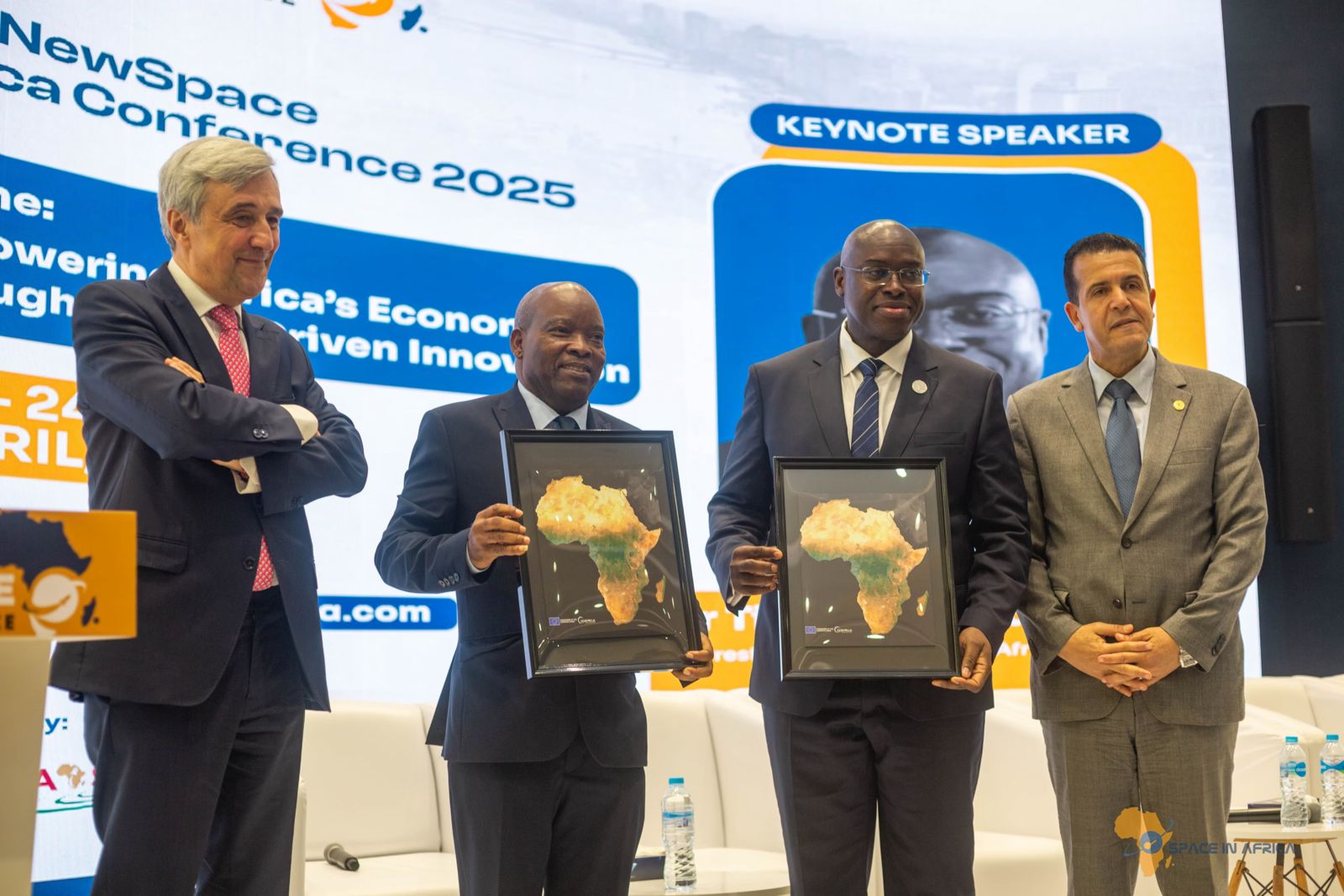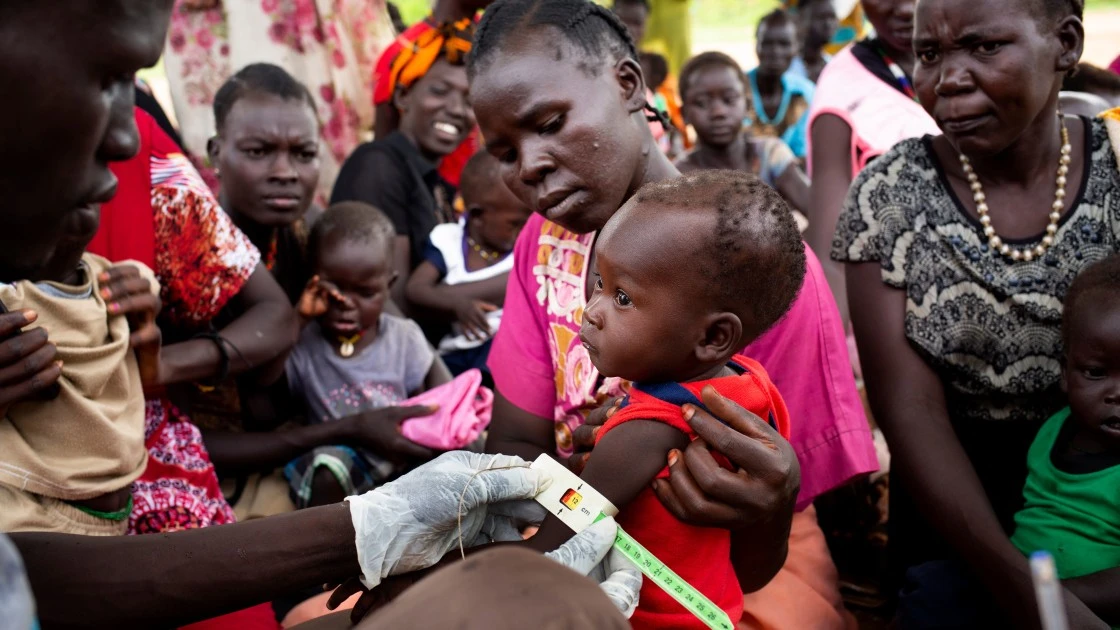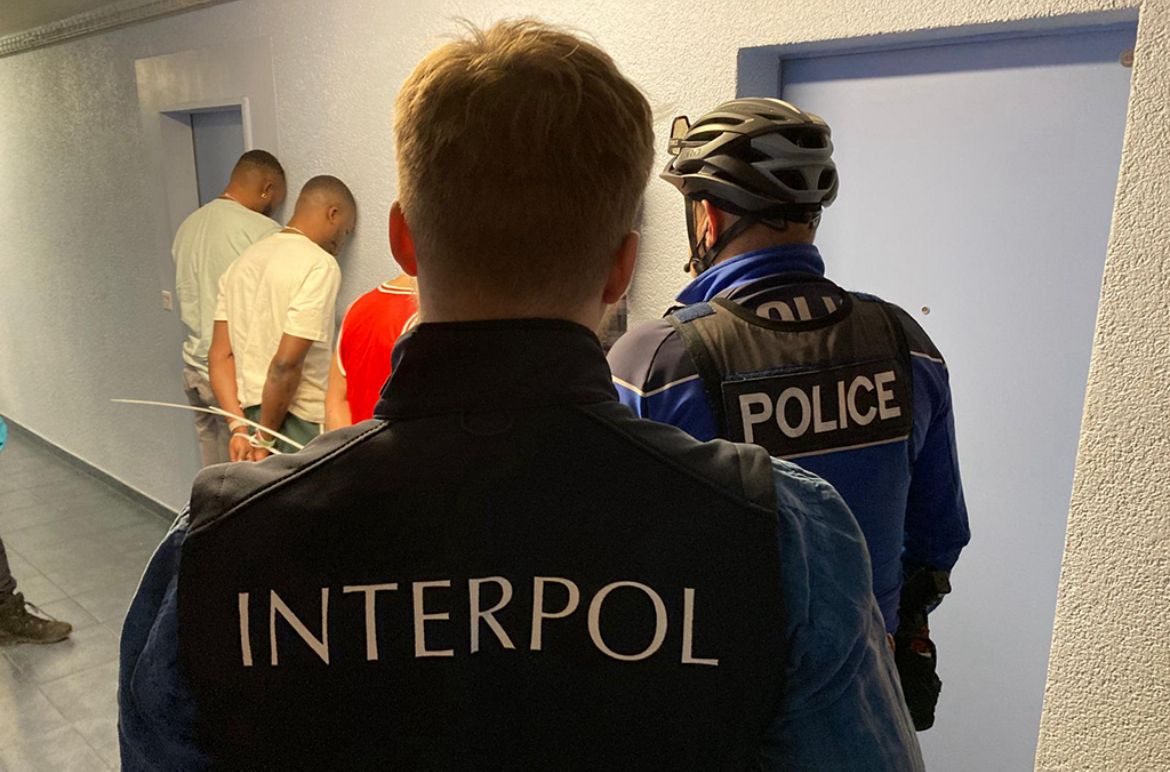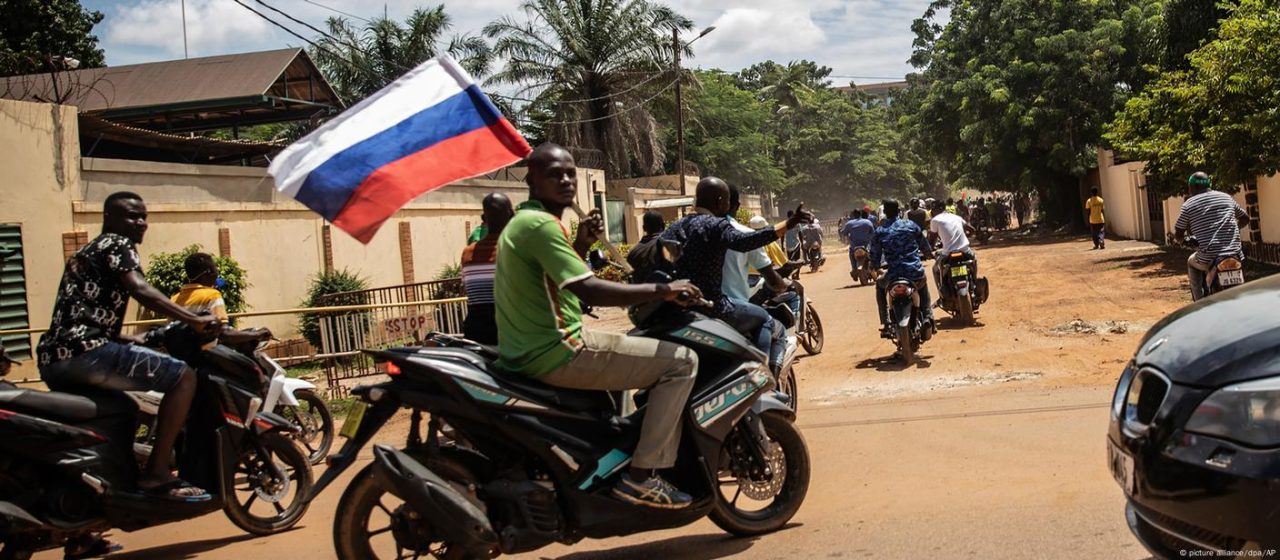South Africa: Reopening the Wounds of Apartheid to Seek Justice
Editorial : Fatima Babadin
South Africa is taking a bold step toward confronting its unsettled past by launching an official probe into the alleged suppression of justice in cases of apartheid-era killings. This move comes after decades of silence and unresolved grief, as families of victims who were murdered or disappeared under the brutal regime continue to seek truth and accountability. The investigation, announced by the National Prosecuting Authority (NPA), aims to uncover whether deliberate obstruction, negligence, or political interference prevented the prosecution of key apartheid crimes—many of which were documented during the Truth and Reconciliation Commission (TRC) but never acted upon. Human rights advocates argue that the state’s failure to follow through on TRC referrals has denied justice to both the victims and the broader society, leaving a deep moral wound in the country’s democratic fabric.
The renewed scrutiny centers on claims that elements within the state apparatus, including members of law enforcement and intelligence agencies, may have actively worked to block prosecutions or bury evidence. The probe could shine a harsh light on post-apartheid administrations, potentially implicating officials who prioritized political stability over justice. Yet, this process also offers South Africa a rare opportunity: not only to honor its constitutional commitment to human rights but also to rebuild trust in its justice system. By confronting these dark chapters, the country signals a willingness to reckon with uncomfortable truths in the hope of genuine reconciliation. For many, it is a long-overdue step that echoes the haunting question: how can a nation truly heal when justice remains buried?
-

Sierra Leone : Launch of First 5G Network Powered by Renewable Energy
Edited by : Salma karmassSierra Leone has officially launched its first fifth-generation (5G) telecommunications network, marking a major step toward... West Africa - Sahel -

Nigeria: Meta’s Digital Standoff—When Tech Giants Confront Sovereign Power
Editorial : Reda El GhazalAs tensions mount between Nigeria and Meta, the parent company of Facebook and Instagram, the threat... Infographics -

Africa and the EU Reach for the Stars in Historic Space Partnership
Edition : Africa Eye During the NewSpace Africa Conference held in Cairo, the African Union and European Union jointly launched a... Regional and international cooperation -

Sudan’s Women Under Siege
Editorial : Reda El GhazalSudanese women and girls represent over 70% of the 12 million people displaced since the war... Infographics -

Black Axe: Africa’s Crime Export
Editorial : Fatima BabandiIn the underworld of transnational crime, few names stir as much dread and intrigue as Black Axe.... Infographics -

Russia: Expanding Military Ties with Mali, Shaping New Sahel Alliances
Editorial: Fatima BabandiRussia has confirmed a significant boost in its military cooperation with Mali, marking a pivotal moment in the... Politics
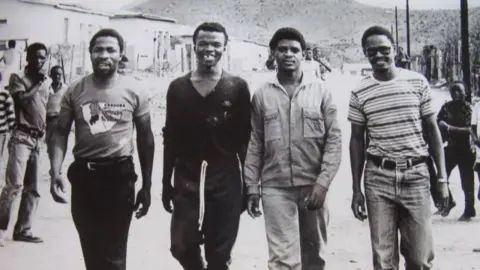
 Follow the latest news on WhatsApp
Follow the latest news on WhatsApp  Follow the latest news on Telegram
Follow the latest news on Telegram  Follow the latest news on Google News
Follow the latest news on Google News  Follow the latest news on Nabd
Follow the latest news on Nabd 

